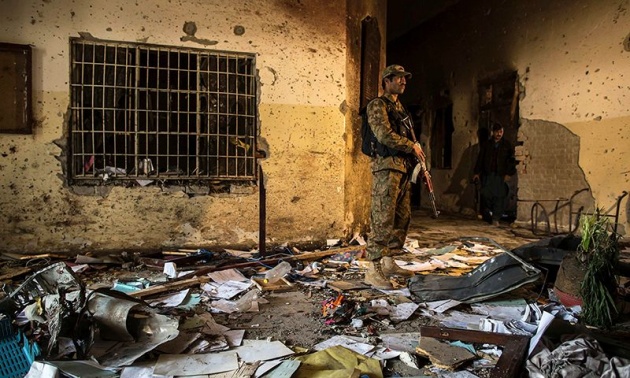20 questions we should be asking after the Peshawar massacre "DAWN NEWS"
Posted on at
Posted on at

I am A Student of University in Software Engennring Department, I have Good Know How About Sites . Iam Also a Web Designer Graphic Designer and iam Also Learning Advance ACCP-Pro in Aptech Computer Education .
Subscribe 0